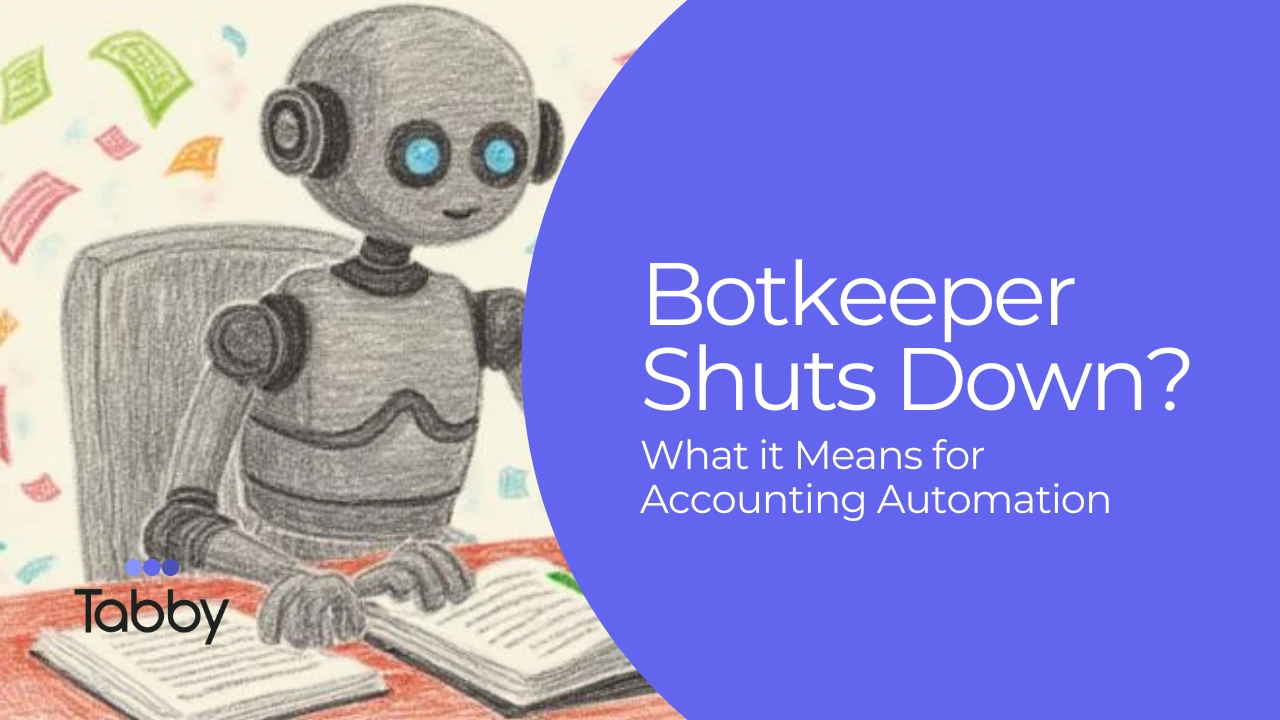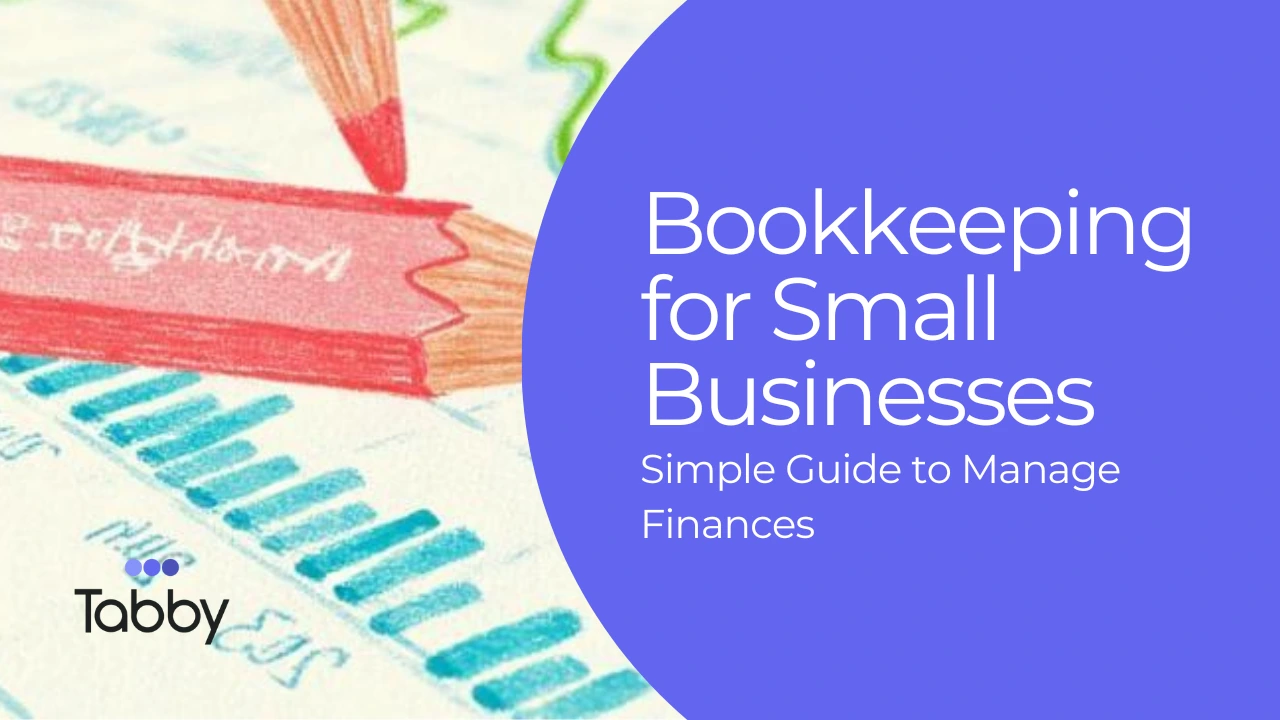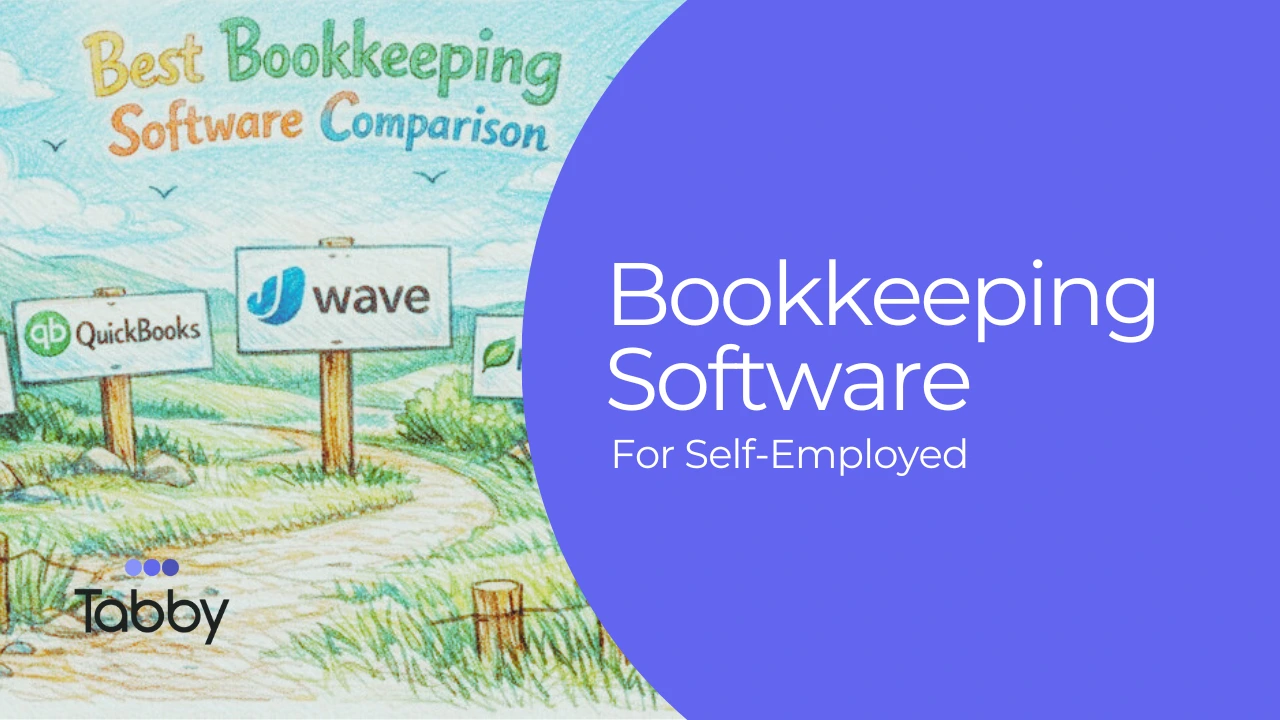Tracking business expenses is one of those tasks that can feel… endless. Receipts pile up, bank statements get messy, and sometimes you wonder, “Where did all my money go?” If that sounds familiar, don’t worry. You’re not alone. The good news? With a few smart habits, tracking expenses can be stress-free and even kind of satisfying.
Steps to Keep Track of Business Expenses Effectively
1. Separate Business and Personal Finances
One of the most common mistakes made by small business owners is mixing personal and business expenses. This not only creates confusion but can also lead to tax complications.
How to Fix It:
- Open a dedicated business bank account and credit card.
- Use these accounts exclusively for business transactions.
- Avoid making personal purchases with business funds (and vice versa).
Having separate accounts makes it easier to track expenses and ensures that your financial records remain clean and IRS-compliant.
2. Use a Digital Expense Tracker
Manual tracking takes time, and mistakes happen. Save yourself the headache with technology.
Best practices:
- Use an AI-powered bookkeeping app like Tabby. It automatically categorizes expenses and stores receipts digitally.
- Link your bank accounts and credit cards for real-time tracking.
- Set up alerts for recurring payments, so nothing slips through the cracks.
3. Categorize Expenses Correctly
Incorrectly categorized expenses can mess up your financial reports and cost you deductions come tax time.
How to do it right:
- Common categories: office supplies, travel, meals, advertising, software subscriptions.
- Set clear rules and stick to them.
- Let your expense tracker automate categorization whenever possible.
4. Save and Organize Receipts
Receipts aren’t just clutter; they’re proof. And proof matters for deductions and audits.
Pro tips:
- Snap photos of receipts and upload them to cloud storage or your app.
- Choose a system that automatically extracts the date, vendor, and amount.
- Keep digital copies for three to seven years, depending on tax requirements.
5. Review and Reconcile Regularly
Expense tracking isn’t “set it and forget it.” A quick weekly or monthly review keeps things accurate.
Do this:
- Compare your transactions with your bank statements.
- Look for errors or suspicious charges.
- Spot opportunities to cut unnecessary spending.
6. Maximize Tax Deductions
Accurate records mean more deductions and more money saved.
Don’t forget these:
- Home office expenses (if you qualify)
- Business travel, meals, and mileage
- Equipment, software, and professional services
- Marketing and advertising costs
With good records, tax season is less stressful and you won’t leave money on the table.
7. Automate Whenever Possible
Manual entry is exhausting and error-prone. Automation makes life easier.
How to automate:
- Use Tabby to import and categorize expenses automatically.
- Track recurring payments without thinking about them.
- Generate financial reports effortlessly.
Tracking expenses doesn’t have to feel like a chore. Separate accounts, smart categorization, and automation are your best friends. Stay consistent, be proactive, and your finances will stay organized and stress-free all year long.
Want an easier way to manage your business expenses? Try Tabby today!



